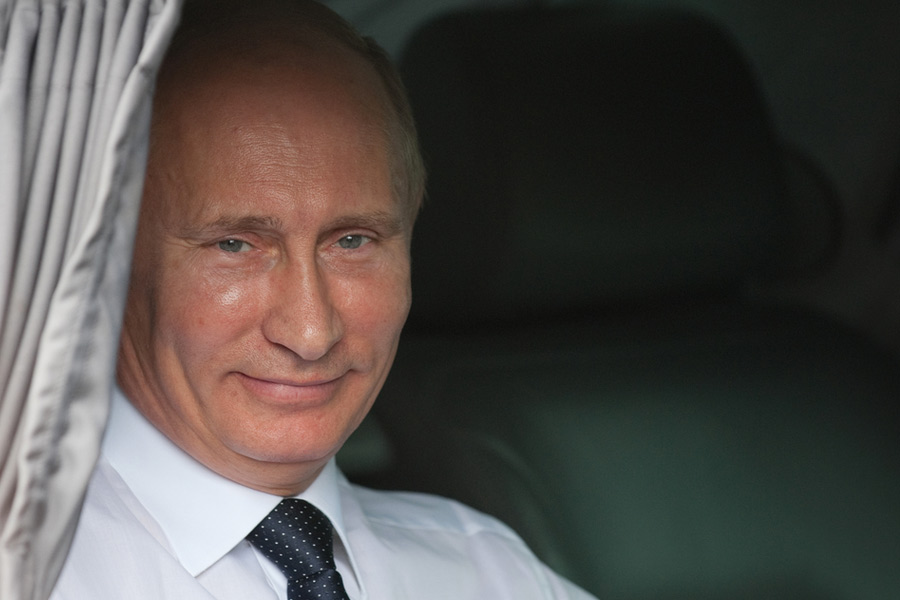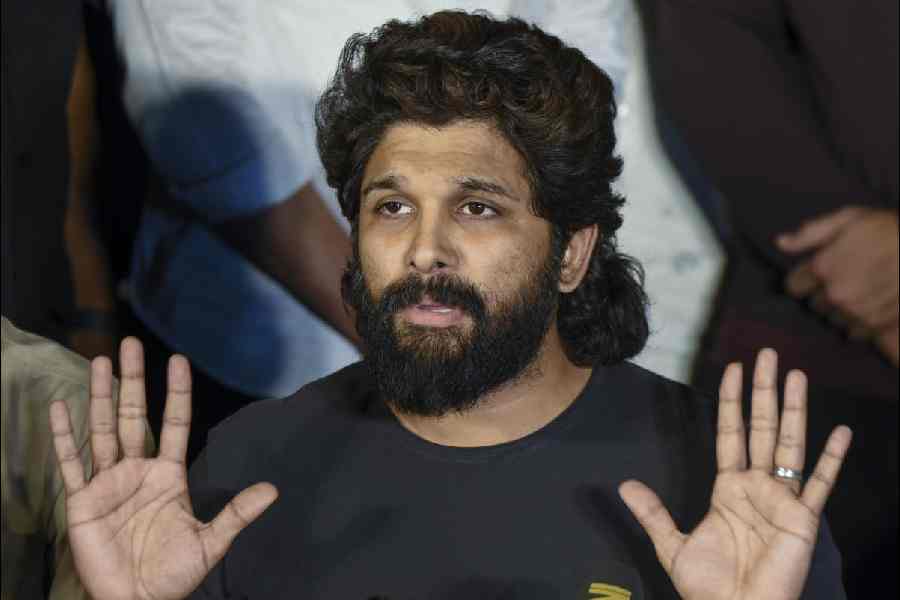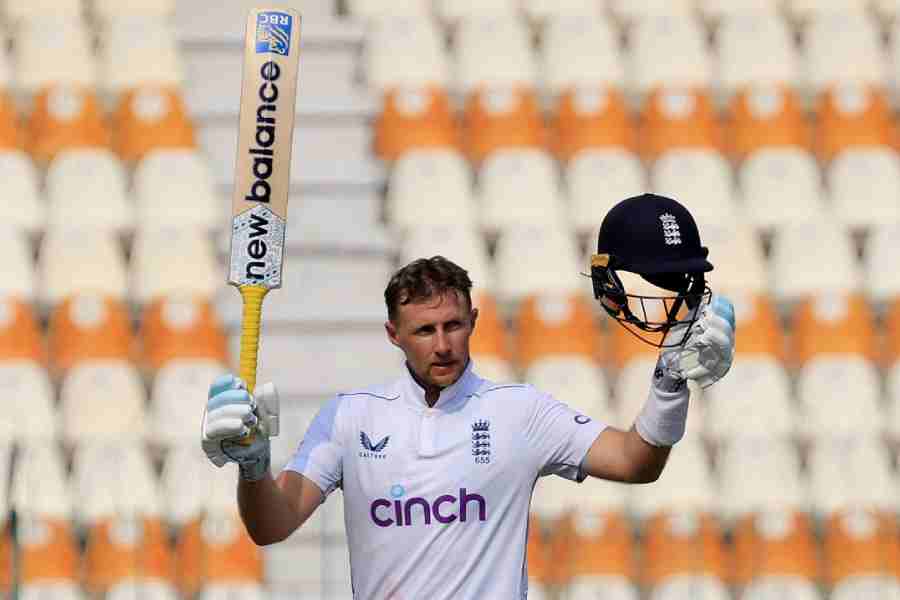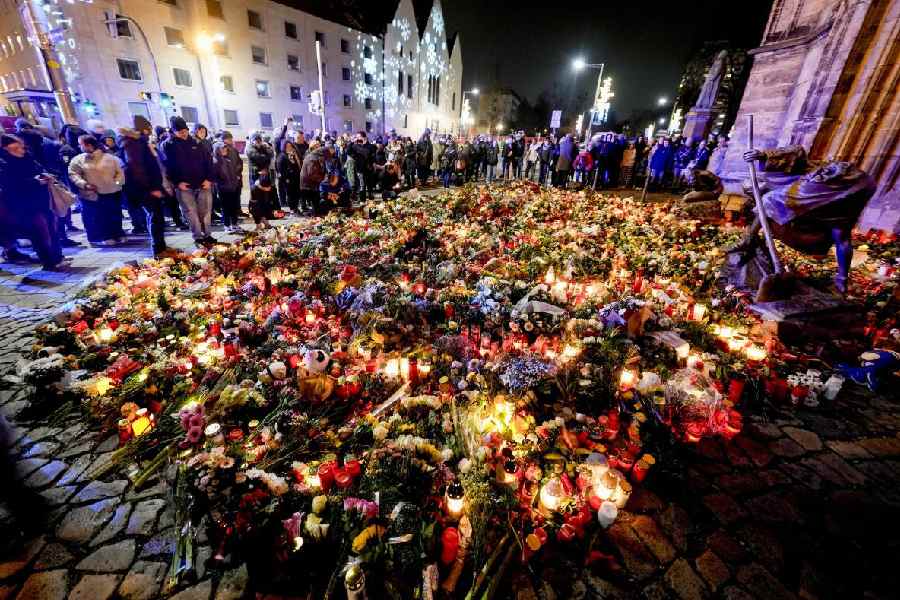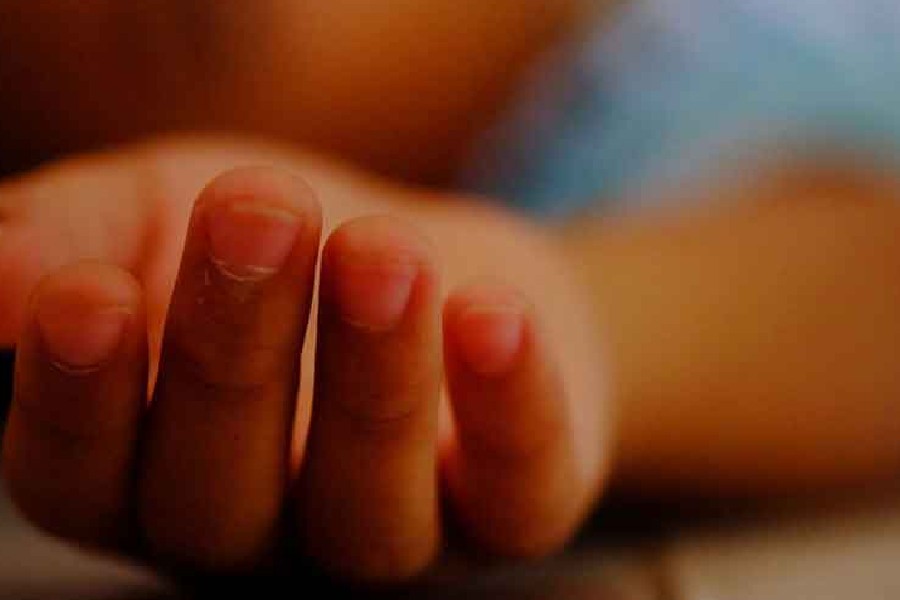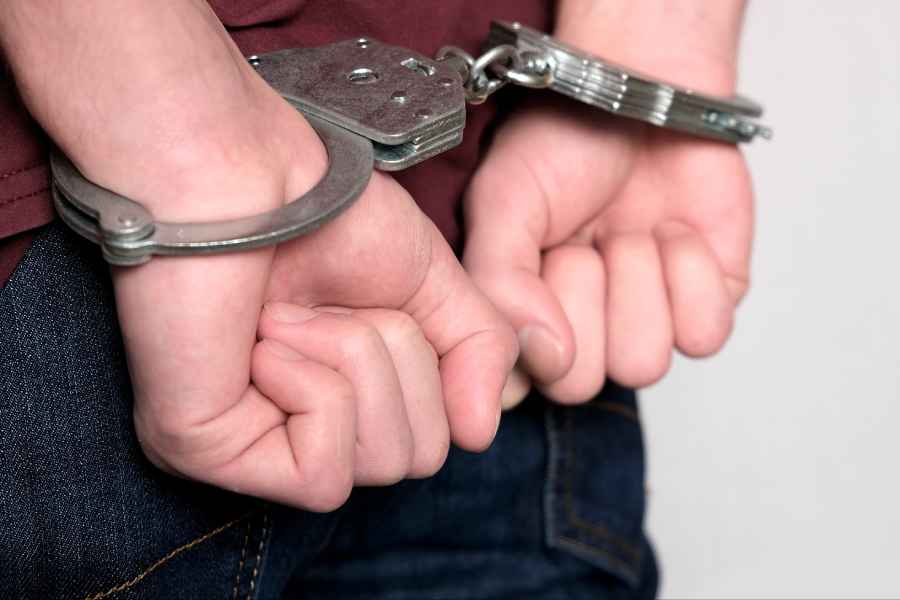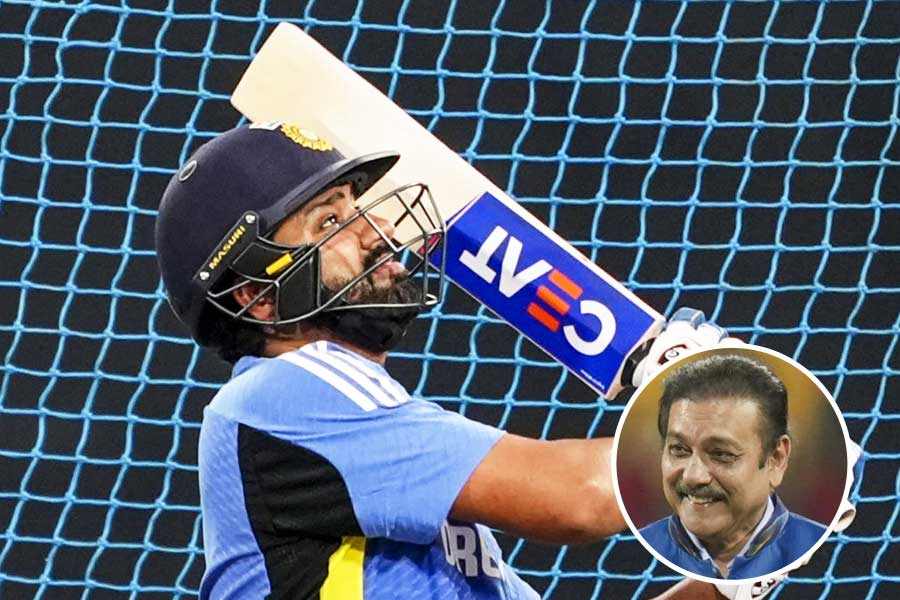Periodic outcries over incompetence and corruption at the top of the Russian military have dogged President Vladimir V. Putin’s war effort since the start of his invasion of Ukraine in early 2022.
When his forces faltered around the Ukrainian capital, Kyiv, the need for change was laid bare. When they were routed months later outside the city of Kharkiv, expectations of a shake-up grew. After the mercenary leader Yevgeny V. Prigozhin marched his men toward Moscow, complaining of deep rot and ineptitude at the top of the Russian force, Putin seemed obliged to respond.
But, at each turn, the Russian President avoided any major public moves that could have been seen as validating the criticism, keeping his defence minister and top general in place through the firestorm while shuffling battlefield commanders and making other moves lower on the chain.
Now, with the battlefield crises seemingly behind him and Prigozhin dead, the Russian leader has decided to act, changing defence minister for the first time in more than a decade and allowing a number of corruption arrests among top ministry officials.
The moves have ushered in the biggest overhaul at the Russian defense ministry since the invasion began and have confirmed Putin’s preference for avoiding big, responsive changes in the heat of a crisis and instead acting at a less conspicuous time of his own choosing.
“We have to understand that Putin is a person who is stubborn and not very flexible,” said Abbas Gallyamov, a former Putin speechwriter who now lives outside Russia. “He believes that reacting too quickly and rapidly to a changing situation is a sign of weakness.”
The timing of Putin’s recent moves is most likely a sign that he has greater confidence about his battlefield prospects in Ukraine and his hold on political power as he begins his fifth term as President, experts say.
Russian forces are making gains in Ukraine, taking territory around Kharkiv and in the Donbas region, as Ukraine struggles with aid delays from the US and strained reserves of ammunition and personnel. Top officials in the Kremlin are feeling optimistic.
“They likely judge the situation within the force as stable enough to punish some in the military leadership for its prior failures,” said Michael Kofman, an expert on the Russian military and a senior fellow at the Carnegie Endowment for International Peace.
Demand for change at the top of the Russian military
has been pent up since the invasion’s earliest days when stories circulated about Russian soldiers going to war without proper food and equipment and losing their lives while answering to feckless military leaders.
The anger crested with an aborted uprising led last year by Prigozhin, who died in a subsequent plane crash that US officials have said was most likely a state-sanctioned assassination.
Prigozhin, a caterer turned warlord who grew rich on state contracts, was an unlikely messenger. But he put high-level corruption on the minds of Russia’s rank and file and the public more broadly, releasing profanity-laced tirades against Sergei K. Shoigu, then the defence minister, and Russia’s top uniformed officer, Gen. Valery V. Gerasimov. At one point, Prigozhin filmed himself in front of a pile of dead Russian fighters and denounced top officials for “rolling in fat” in their wood-panelled offices.
His subsequent failed mutiny showed that the
problems festering in the defence ministry under Shoigu for over a decade had boiled over and that the populace craved renewal, said a person close to the ministry who spoke on the condition of anonymity in order to discuss sensitive topics.
The Russian leader now appears to be moving against the very officials that Prigozhin had been attacking.
The first harbinger of change arose last month with the arrest of Timur Ivanov, a protégé of Shoigu and the deputy defence minister in charge of military construction projects whom the Russian authorities have accused of taking a large bribe. He has denied wrongdoing. Ivanov previously attracted the attention of Aleksei A. Navalny’s Anti-Corruption Foundation for his and his wife’s conspicuously lavish lifestyle, including yacht rentals on the French Riviera.
Then, this month, days after Putin began his new term as President, the Kremlin announced that he had replaced Shoigu and chosen Andrei R. Belousov, one of his longtime economic advisers, as the new defence minister. Shoigu was moved to run the Russian Security Council, where he would still have access to the President but would have little direct control over money.
Belousov has no military experience. But he boasts a relatively clean image and a long government career untainted by large corruption scandals.
The arrests at the defence ministry have gathered pace this month, with four more top generals and defence officials detained on corruption charges. Dmitri S. Peskov, the Kremlin spokesman, denied on Thursday that the arrests represented a “campaign”.
The corruption charges against top defence ministry officials have come alongside promises of greater financial and social benefits for the rank-and-file soldiers,
an apparent attempt to improve morale and mollify populist critics.
New York Times News Service

